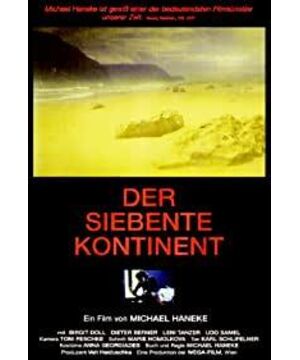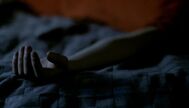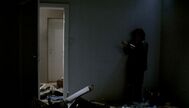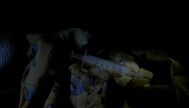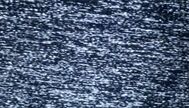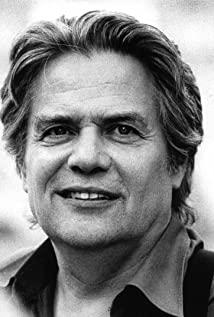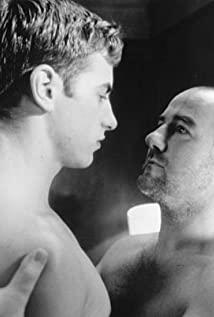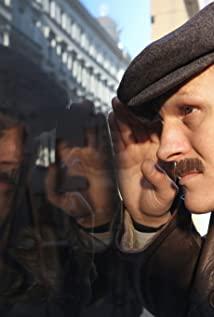Every year, people cry: in 1987, their brother-in-law has not yet been freed from the pain of his mother's death; in 1988, the couple passed by a car accident scene, and the wife sobbed in the car ; 1989 Daughter's collapse after seeing the fish tank smashed...
Every year someone died: 1987 Wife's mother passed away; 1988 The body of a stranger who died in a car accident
; The corpse, the burial
of the corpse of a stranger who died in a car accident on February 20, 1989, was a turning point in everything. The family saw the reflection of their own living conditions and found a way to seek final relief. The breaking of the fish tank and the drying and death of the fish are obvious metaphors. In a closed living environment, it is very fragile. Breaking it can only result in death. In the end, the TV screen was shocking. The image on the TV that was originally watched by the husband who died last ended up occupying the entire screen of the movie. This is an innuendo to those who are watching from the TV.
The film tells the life of a middle-class family in a constant rhythm, which remains unchanged even at the end of them destroying their homes, tearing up all their savings coins, and taking drugs to commit suicide, revealing the boring, uninteresting nature of middle-class life. Pain and danger. Without the intervention of outsiders, the film did not explain the cause of the final "unfortunate", everything happened in a kind of restless calm.
The "Glacier Trilogy" originates from glaciers, and it also established the characteristics and tone of Michael Haneke's later works:
1. Cool tones, clear shots
2. Absence of soundtrack (or minimalist)
3. Action instead Psychological activity
4. Violence simplified
5. Open-ended theme, theme: Art is to magically convey the lies in the truth. Focus on expressing uncommunicable relationships in a reality that is colder than "reality"; happiness is not easy to come by, in other words, happiness is fleeting.
2007-11-09
View more about The Seventh Continent reviews


